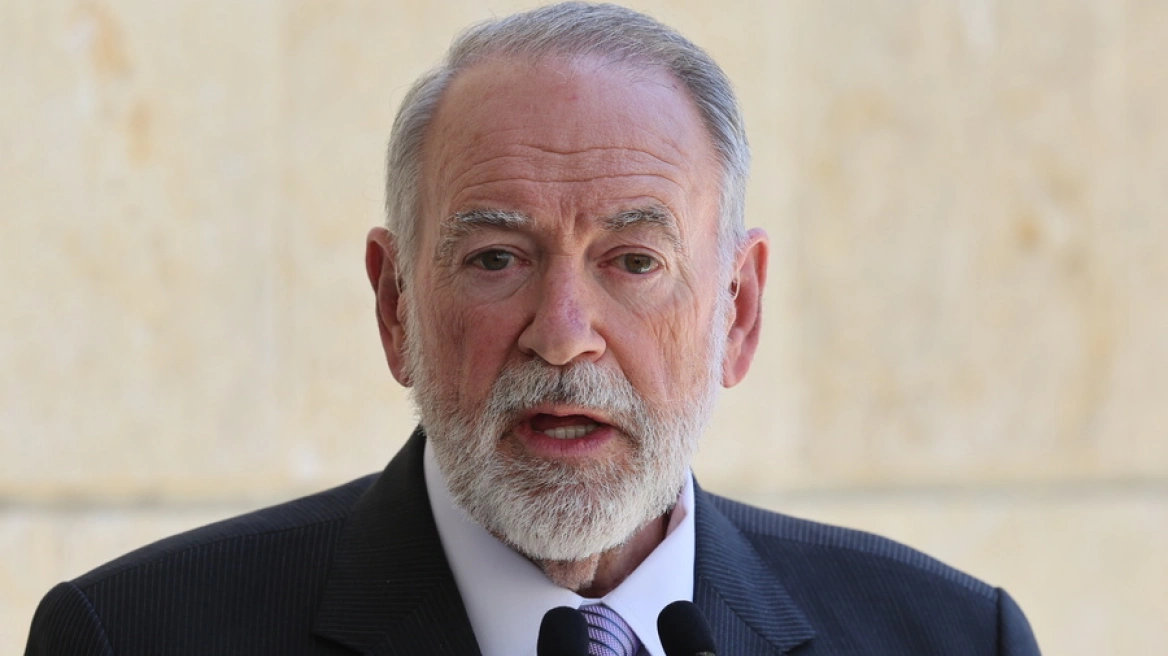On March 31, the Entertainment Software Association (ESA) canceled this year’s E3, the biggest video game trade show for industry professionals in the United States, according to reporting by IGN. After being canceled in 2020 and held online in 2021, the convention was originally supposed to take place as an in-person event in Los Angeles in June. This decision was widely criticized, with the ESA announcing the cancellation of the convention’s physical version in January. Even though the event was seen as one of the most relevant showcases for new developments in the video game sector in the 2000s and 2010s, its 2019 attendance number of 66,000 visitors doesn’t even place E3 in the top eight of the largest video game trade fairs worldwide.
As our chart based on media and organizer reports shows, Gamescom is the biggest video game convention in terms of attendees. Its 2019 edition saw 373,000 entries over four days, reflecting the status of Germany as the fifth-biggest market for video games despite its national industry lagging behind in terms of output and revenue. Gamescom is closely followed by the China Digital Entertainment Expo & Conference, or ChinaJoy, which attracted 365,000 visitors in 2019 and had its inaugural four-day run in 2004. According to data by Newzoo, China was the biggest video game market in the world in 2020 with revenues of roughly $41 billion, most of which were generated by mobile and eSports titles.
While most of the bigger video game trade fairs like ChinaJoy, Taipei Game Show or Paris Games Week take place in either Europe or Asia, there is one notable outlier: Brazil Games Show, which 325,000 people attended in 2018. This is especially surprising since the country’s residents spent less than $1 billion on video games in 2018, with $738 million going towards microtransactions on mobile devices and casual phone and social games.
While the coronavirus pandemic caused cancellations of a majority of larger-scale events over the last couple of years, the dominance of dedicated video game conventions has begun to be called into question independent of movement restrictions put in place to curb the spread of the virus. For example, 2019 was the first year that Sony didn’t participate in E3, opting to host their independent showcase State of Play instead, Electronic Arts canceled their EA Play live event for 2022 before E3 itself was canceled, and for Nintendo, the pre-recorded regular Nintendo Direct showcases have arguably become more important than B2C presences at video game conventions. The annual Game Awards hosted by Geoff Keighley are seen as another competitor to the model of important announcements at trade fairs, with the 2021 edition seeing the reveals of games like Hellblade 2: Senua’s Saga, Alan Wake 2 and Star Wars: Eclipse.
You will find more infographics at Statista
Ask me anything
Explore related questions






